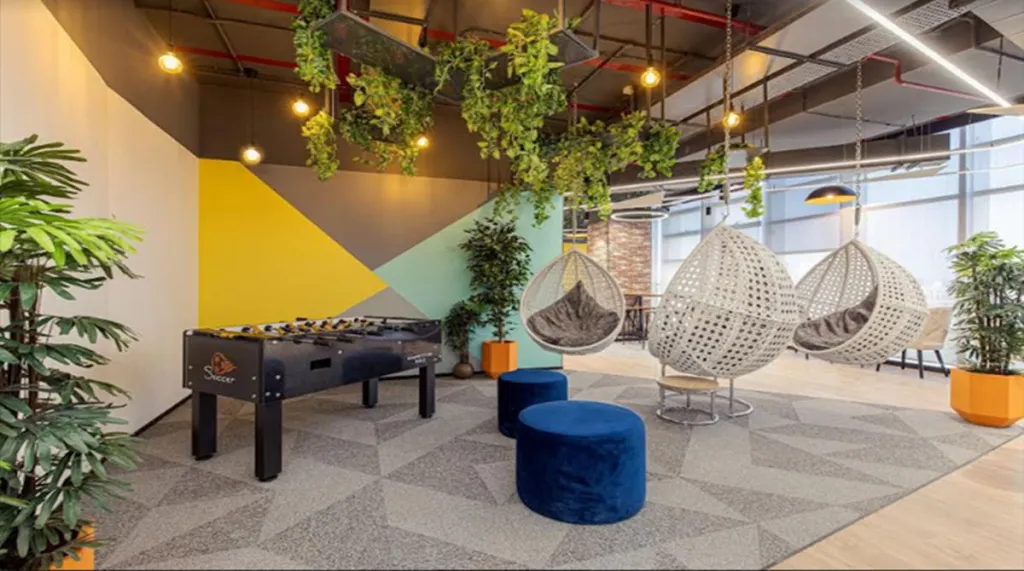Co-working spaces have revolutionised the modern work environment, providing freelancers, SMEs (small and medium enterprises), and startups with a fixed base where they can thrive and be a significant part of the business ecosystem. According to a report by Mordor Intelligence, the current co-working market in India is worth USD 1.78 billion. This showcases a surge in demand for flexible and collaborative working environments.
In these innovative hubs, the significance of sustainability cannot be understated. As the world grapples with the pressing challenges of climate change, co-working spaces are seamlessly placed to adapt appropriate green initiatives. By following certain ways, these modern-day workplaces can lead the way towards a sustainable work environment.
Ensuring energy efficiency
Co-working spaces already contribute to sustainability initiatives as the resources are shared among multiple organisations. In addition to that, energy optimisation is a key aspect a co-working space must put emphasis on to be more environmentally friendly. In this context, workplaces must invest in energy-efficient appliances and new-age tech solutions such as occupancy sensors to control lighting and HVAC systems. Moreover, the occupants must be trained in the best energy-efficient practices that would further contribute to sufficient energy savings.
Also Read: 7 smart investment options to achieve your financial goals & become rich
Making recycling easy
The best way to foster a sustainable environment is to incorporate an office recycling programme. The programme can include initiatives such as adding recycling bins to common office spaces apart from kitchens and desks. The co-working spaces can also post recycling reminders near the bins, which could help the occupants to segregate the items to be recycled. Moreover, employees can also be encouraged to minimise the usage of single-use plastic to further reduce the amount of waste that needs to be recycled.
Reducing the usage of paper
Instead of relying entirely on recycling programmes, using less paper in the first place can have greater implications. To reduce the use of paper, co-working spaces can have printing regulations that enable businesses to use double-sided printing or print only when absolutely necessary. Members can also be urged to adopt paperless workflows, which may include electronic receipts, cloud-based storage, and digital documentation. Additionally, the use of environmentally friendly paper should be promoted when printing crucial paperwork.
Placing indoor plants
Co-working spaces must consider placing indoor plants within their facilities to create a healthier environment. These plants improve indoor air quality by absorbing harmful toxins and making the workplace more relaxing and productive. This also minimises the usage of electronic items such as indoor air purifiers, which use a significant amount of energy. In addition, indoor plants naturally help to regulate humidity and temperature, which can further contribute to energy efficiency.
All things considered
With an evolving business landscape, the yardstick for organisational success has undergone a paradigm shift, with an increasing emphasis on environmental protection. In the next two years, 87% of global business leaders anticipate increasing their investment in sustainability, according to a Gartner survey. As environmental responsibility becomes increasingly vital for businesses around the world, it is essential that co-working spaces incorporate sustainable and green practices. The best sustainability and green efforts can be implemented by co-working spaces in terms of ensuring energy efficiency, making recycling easy, reducing the use of paper, and adding indoor plants.
In terms of sustainability, every small step counts. This roadmap will not only help the environment but also make co-working spaces more appealing to workers and enterprises that care about the environment. In the ever-changing world of co-working, sustainability is the key to a brighter, greener future.
(By Sanjay Choudhary, Founder and CEO, Incuspaze)

